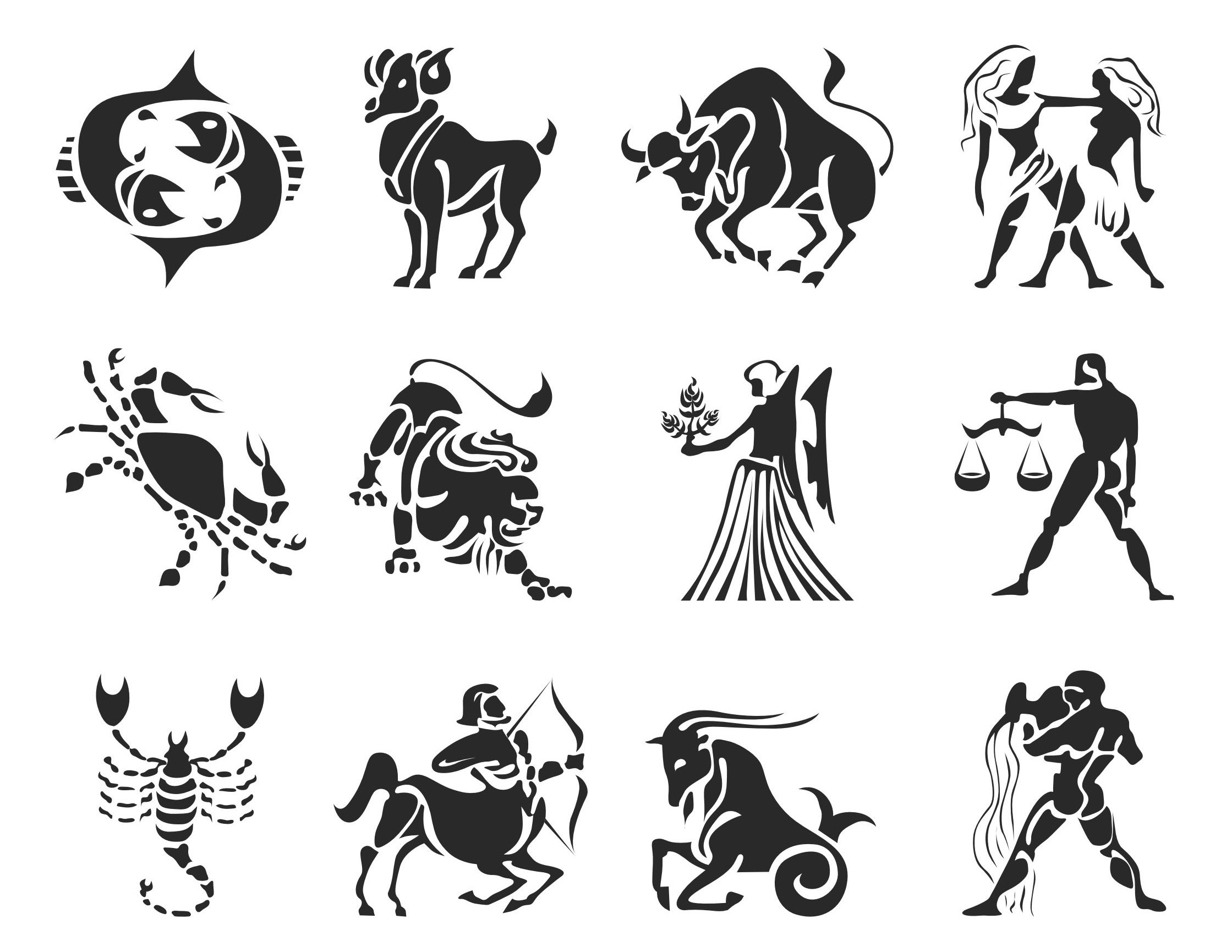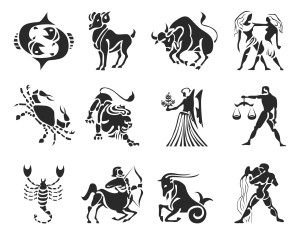Aries- March 20 to April 20. Your model will converge around the 13th, which is in no way related to your model convergence dance (turning in a circle three times and raising your left hand twice). Please stop doing it, we can all see you.
Taurus- April 20 to May 21. A reviewer will suggest additional work prior to publication. Reply to the reviewer with an audio file of yourself singing Bruce Springsteen’s No Surrender and the reviewer will back down.
Gemini- May 21 to June 21. May is a great month for fieldwork. Even if you’ve never done it before and all of your prior research is theoretical, give fieldwork a try. Sure, it’ll be grand!
Cancer. June 21 to July 23. Luck is on your side! This is a great month for finicky experimental work. Optimize your PCR this month and it’ll work at least until June. Probably.
Leo. July 23 to August 23. As Mercury moves into retrograde, your ability to make Powerpoint videos run will be at its peak. Plan an exciting video filled slide show for the 17th. You can make it work this one time!
Virgo- August 23 to Sept. 23. Students in your research group will actually submit work on time. Be prepared for an influx of papers on the 23rd. Assign random grades and see if anyone notices.
Libra- Sept. 23 to October 23. Your research team is going to face an ethical issue within the month. Ask everyone in the department what they think of it and then pick a response out of a hat to solve it!
Scorpio- October 23 to Nov. 22. A research road block will be solved by just ignoring it until the email moves to the second page of your inbox. Go ahead, ignore the issues!
Sagittarius- Nov. 22 to Dec. 22. News of your ability to comfort sad undergraduates will spread this month. Stock up on Kleenex and sweets in preparation of the post-exam panics.
Capricorn- Dec. 22 to January 20. Someone in the department will steal your lunch twice this month. Try leaving snarky post-it notes. People love those!
Aquarius- January 20 to Feb. 18. Write a grant application. Please, just write it. Everyone’s waiting on you. Come on.
Pisces- Feb. 18 to March 20. You will be struck with inspiration for a fantastic research project at a conference but then forget it before you can write it down. You should really carry a pen and paper more frequently.
Author: Mystic Mo, william2[at]tcd.ie
Photo credit: http://www.freelogovectors.net/





